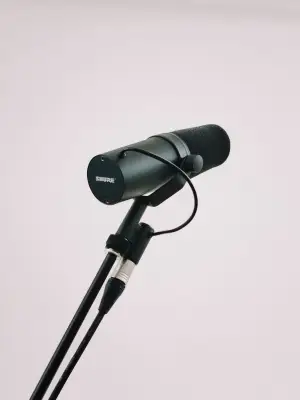
Learning a new language
Grammar lessons and other theoretical learning are great base, but we need more exposure to the languages and their actual use - living the languages. No need to travel around the world (even though that’s still part of the plan!): in this globalised and technologically advanced period we are lucky to have plenty of resources to learn languages and get at least a glimpse of the context in which they are spoken. A few examples that helped me considerably are listening to audiobooks, to broadcasts, to songs even; watching various types of videos, from fictions to documentaries; and of course, speaking with native speakers. The most important one, however, is imperceptible and yet much more efficient: thinking in the new language. Forget that you know any other languages, imagine you’re back to early childhood learning your native language, and that’s when you’ll make real progress. I love translation and the great challenges that it entails, but it’s another story: learning/knowing a language is a very different thing and process than translating.
Read in French, listen to French, think in French and dream in French
Forget about grammar... for now
Syntax and grammar are important, but we don't actually need them to understand or speak a language. Think of when you learned those for the first time (if you ever did!): it was at school, a few years after learning your native language(s). And you were able to communicate (you did, even if it was with a child's version of speech !) without knowing anything about grammar yet. My approach is based on that natural process, where we learn by imitation rather than theoretical / academic learning.
Listen
That's the first and the most important piece of advice in my opinion. Listen to podcasts, audiobooks, radios, videos (which you watch too, in that case seeing the word mouthing helps even more, see what the research says here)...
You don't need to be listening "actively"; being regularly exposed to the language keeps training your brain to the language's sounds and you process the words even if subconsciously. Listen to you favourite songs in French in any situations, while working or cooking for example. Don't know where to start? Here's a Spotify playlist with only good music and French lyrics.
Read
Read newspapers, books, even technical manuals, your devices and programmes in your mobile phone or computer...
Speak
You don't know who to speak with? Get a mirror and you'll see your perfect language practising buddy: yourself. You don't have to speak out loud of course, so this title could have been Think, but it is really important to practice whenever you can even if you make mistakes or don't know how to say something. It's even better this way, as it means you'll go and search for that term or formulation and you'll keep improving on a daily basis. Then of course you'll need to find other people to practise with, ideally native speakers of the language as they will speak correctly (with some exceptions of course, we can all make mistakes in our native language) and with a native accent. The idea isn't just to listen to them, otherwise these lines would be under the Listen section, but to have an active interaction which you remember better and in which some errors can be instantly corrected, whether your conversation partner corrects you directly or doesn't understand you and helps you find the correct way to express your ideas.
Write
Write your ideas about any subjects you would normally write about in your native language, when you take notes for example. Write to your native friends or pen pals and again, get your writing corrected either directly or indirectly if it created misunderstanding or confusion.

Some useful apps
Duolingo: translation method (usually literal)
Memrise: vocabulary-orientated, with samples of videos where native speakers say a word or sentence
Some useful websites
TV5Monde: an extensive list of resources and modules to learn French
The French sounds in the International Phonetic Alphabet (IPA)
Transcriptor fonético: phonetic transcriptor of Iberian Spanish into API symbols
Dictionnaire de la zone: glossary of French slang
Expressio: French idioms explained
Littérature audio: a large repository of audiobooks in French
Some useful Youtube channels
To learn French
InnerFrench: a native teacher who teaches French but also discusses about other linguistic, sociolinguistic and cultural topics, with very clear and concise explanations
Guillaume Posé: a native teacher who speaks slowly and articulately
To learn Italian
Italiano automatico: a native teacher who discusses many subjects and has a natural approach (automatic learning)
Some entry-level stories to read/listen to in French
Le Petit Prince (intermediate): read by InnerFrench
Some games to play in different languages with native speakers
Skribbl: similar to pictionary, it's a guess game based on drawing
Board Game Arena: a large collection of games to play online. Requires an account (free).
The reading corner
To know more about language or music-related subjects
This section features various articles from light reading about linguistic, literary and social subjects, to detailed presentations of linguistic or music industry's branches.
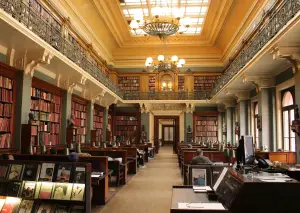
Translation theories and thoughts

The perfect tech rider

Sociolinguistics: key concepts

Language accessibility in live performances
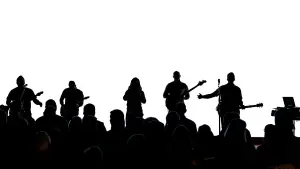
Live opportunities for emerging artists

Translation fails
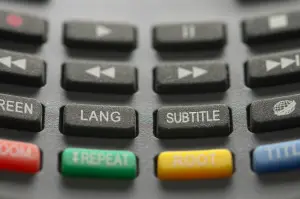
Subtitling: use(s) and norms
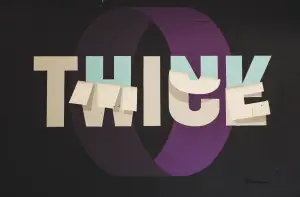
Localisation
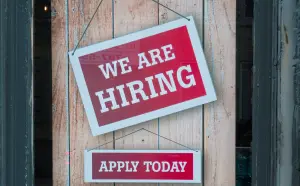
Music Industry Jobs Boards

English in Ireland: Irish English

Youth Language
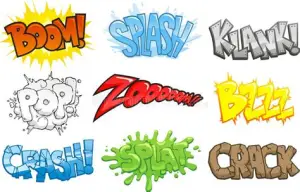
Onomatopeias across the world

Language and gender
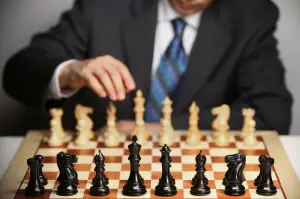
Manipulating words and reality in politics

Taboo Language
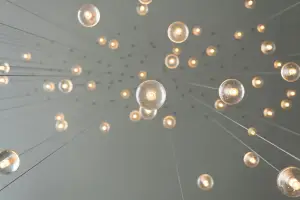
Language attrition

When comedy makes fun of interpreting

The meme corner - Music
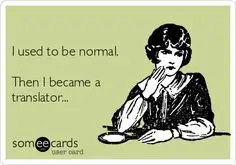
The meme corner - Being a translator/interpreter
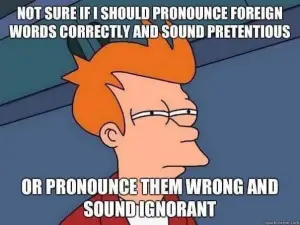
The meme corner - Linguistics
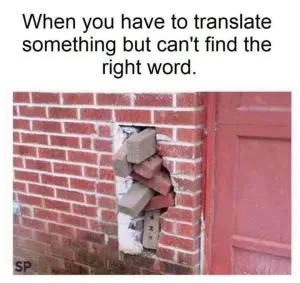
The meme corner - Translation

The meme corner - Food around the world
